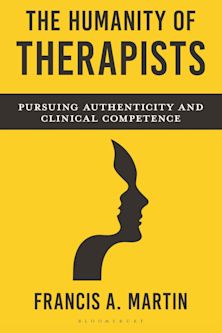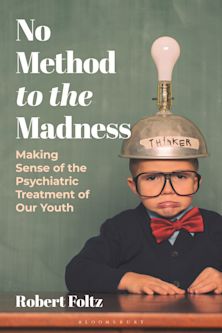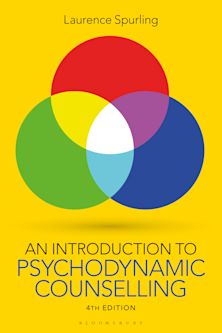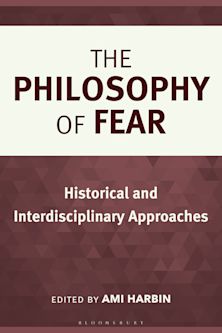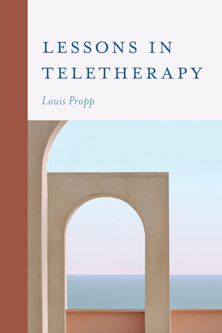- Home
- ACADEMIC
- Psychology
- Psychotherapy & Counselling
- The Mythology Surrounding Freud and Klein
The Mythology Surrounding Freud and Klein
Implications for Psychoanalysis
The Mythology Surrounding Freud and Klein
Implications for Psychoanalysis
This product is usually dispatched within 1 week
- Delivery and returns info
-
Free CA delivery on orders $40 or over
You must sign in to add this item to your wishlist. Please sign in or create an account
Description
In The Mythology Surrounding Freud and Klein, Charlotte Schwartz challenges the current misperceptions and theoretical ideas surrounding Sigmund Freud and Melanie Klein through a systematic review of their respective theoretical work and clinical studies. Specifically, Schwartz argues against the current perception that Klein was the originator of object relations theory and that Freud’s metapsychology was a drive-centered theory with little regard for the object and object relations. Schwartz further examines the development of drive and object relations through a review of key theorists who influenced psychoanalytic training and treatment methodology in this area, including Ferenczi, Abraham, Jones, Fairbairn, Guntrip, and Winnicott. This book is recommended for scholars of psychology and history.
Table of Contents
Chapter 2: Freud’s Case Studies: The Hidden Object
Chapter 3: Klein’s Object and Drive Theories: A Perpetuated Myth
Chapter 4: Klein’s Case Studies
Chapter 5: The Triumvirate: Ferenczi, Abraham, and Jones
Chapter 6: Fairbairn: The Reclusive Scot and his Object Theories
Chapter 7: Guntrip: A New Movement
Chapter 8: D. W. Winnicott: The Herald
Chapter 9: Freud-Klein Controversies 1941–1945
Product details
| Published | Nov 08 2017 |
|---|---|
| Format | Hardback |
| Edition | 1st |
| Extent | 158 |
| ISBN | 9781498568487 |
| Imprint | Lexington Books |
| Dimensions | 236 x 163 mm |
| Series | Dialog-on-Freud |
| Publisher | Bloomsbury Publishing |
About the contributors
Reviews
-
Charlotte Schwartz's Mythologies Surrounding Freud and Klein: Implications for Psychoanalysis is both important and timely. It sets out, boldly and convincingly, to reverse conventional psychoanalytic history, positing Freud as much more engaged with object relations than is usually thought, and Melanie Klein as more of a drive theorist than is generally conceded. Brilliantly argued with uncommon good sense, the book probes in detail the theories and case studies of Freud and Klein before going on to examine the positions of later figures in the context of its main arguments. Schwartz's lifetime dedication to psychoanalytic theory and practice is evident on every page. Her book is a model of clarity, a joy to read, and a passionate call for a re-assessment of the truisms that perpetuate ignorance.
Tony Pipolo, PhD, private practice and editor of The Psychoanalytic Review












